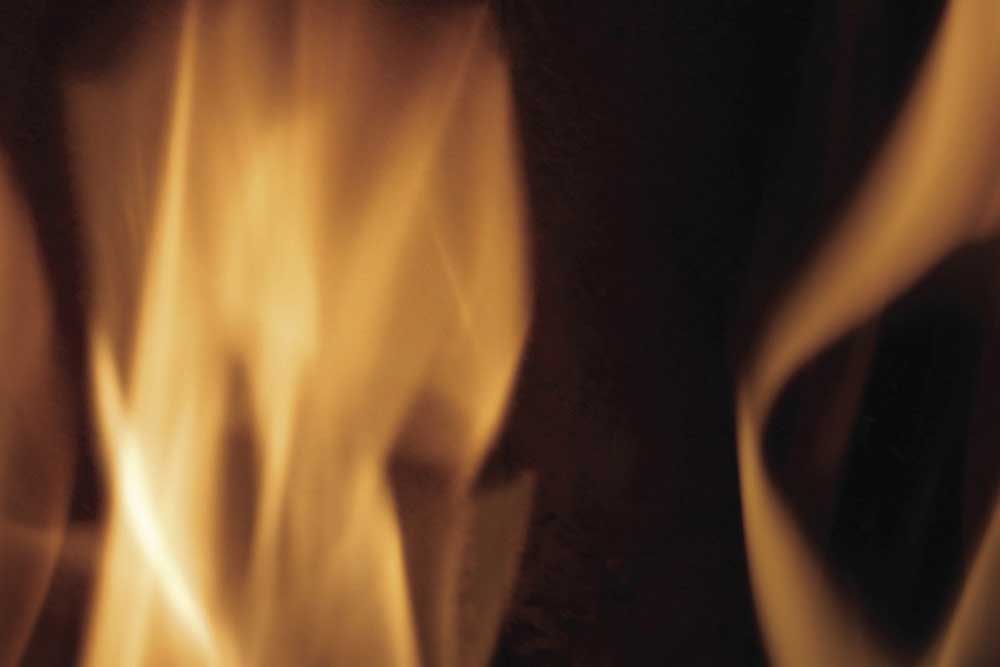Crappie fishing has been hot since winter for Lake Palestine Guide
Published 7:55 pm Saturday, June 13, 2015
Jason Burton’s good winter crappie fishing on Lake Palestine has turned into good spring fishing, and he expects it will hold until the dog days of summer.
That works out well for Burton, who is in his third year of guiding on the lake, the second primarily chasing crappie.
Trending
Burton, whose regular job is as a Tyler police sergeant, grew up fishing on Cedar Creek. He continued to fish when he moved east to start his police career, and after 20 years on the force has started to look toward the future, one in which he wouldn’t mind calling the lake an office every day.
After a slow start his first year trying to offer bass fishing trips, Burton found his niche last year with crappie and has been able to fish as many days as he has wanted this year.
“Fishing really started picking up in November,” he said. “In November, December and January we were picking up a limit of crappie every day in about an hour to an hour and a half at the big bridge and a few other spots. In March the north end got hot when they went up to spawn. We were catching a lot of big crappie 2 ᄑ pounds to pushing 3 pounds.”
Post spawn the fish moved back into the main lake ganging up around piers and brush piles.
It has been more than 40 years since Palestine was impounded and there really aren’t a lot of secret holes anymore, so it came as no surprise when Burton’s first stop last week was the 155 big bridge. What was surprising was that instead of rigging minnows, the go-to for most crappie guides because they are easier to fish, Burton ties on jigs made in Chandler by PePop’s Lake Palestine Jig.
“This one is called grape limeade; it has been the deal all year, winter and spring,” Burton said of the chartreuse and blue jig. “Jig fishing is my favorite thing to do. I catch as many fish, if not more, than people who use minnows do.”
Trending
Under the bridge, Burton suggested casting past the pillar and letting the jig float back as close as possible to the structure.
“The fish are in 8 to 10 feet deep, the guide explained. “You want to keep it in the strike zone close to the structure as long as you can. It works on any type of concrete structure, even trees and any kind of hard structure like that.”
He uses a pitching technique like a base fisherman, and then lets the jig swing back toward the boat like on a pendulum. With the light-weight jigs and shorter rods, those who can’t master pitching can do just as well by flipping the bait under the close confines of the bridge.
Until the crappie are located, it is not a sedentary type of fishing. Burton was constantly on the trolling motor, moving down the pillars on one side and then back up on the other.
“They will be stacked up and down the pillar, sometimes looking in one direction and sometimes in the other,” he explained. “You just have to work around it to get it in front of them.”
Burton worked about four rows of the pillars and without anyone getting a bite said it was time to move. Studies have shown that schools of crappie are constantly in motion, they may not be in a spot one moment, but could be right back there 10 minutes later. Burton gives them five or 10 minutes to show up before heading somewhere else, always with the option of returning to see if they have moved in.
Since the fish have moved out from spawning beds fishing has remained good, but not the slam dunk it had been. While still catching daily limits, Burton said he has had to stay on the move to fill an ice chest.
“The rain is good and bad,” he said. “It was good for the spawn because it gives the fry places to hide. This spring it has made fishing a little tough. It has spread the fish out. This year you may catch seven or eight on a brush pile where last year it was 15 or 20.”
He expects this pattern to hold another month until the water gets hot, and then the crappie will move into deeper water before returning again in September.
As for the transition between cop and guide, Burton said he has been enjoying himself. It doesn’t hurt that his side job is also one of his favorite hobbies along with hunting.
“I like to catch fish and to eat fish, but I like to watch others catch fish even more,” Burton said. “Being a cop is stressful. This is pretty non-stressful, the opposite end of the spectrum. It is a lot of fun and rewarding to watch others catch fish, especially kids.”
For more information on fishing Lake Palestine, contact Burton at 903-780-4490 by email at jtriton200@aol.com.
Have a comment or opinion on this story? Contact outdoor writer Steve Knight by email at outdoor@tylerpaper.com. Follow Steve Knight on Facebook at TylerPaper Outdoors and on Twitter @tyleroutdoor.








